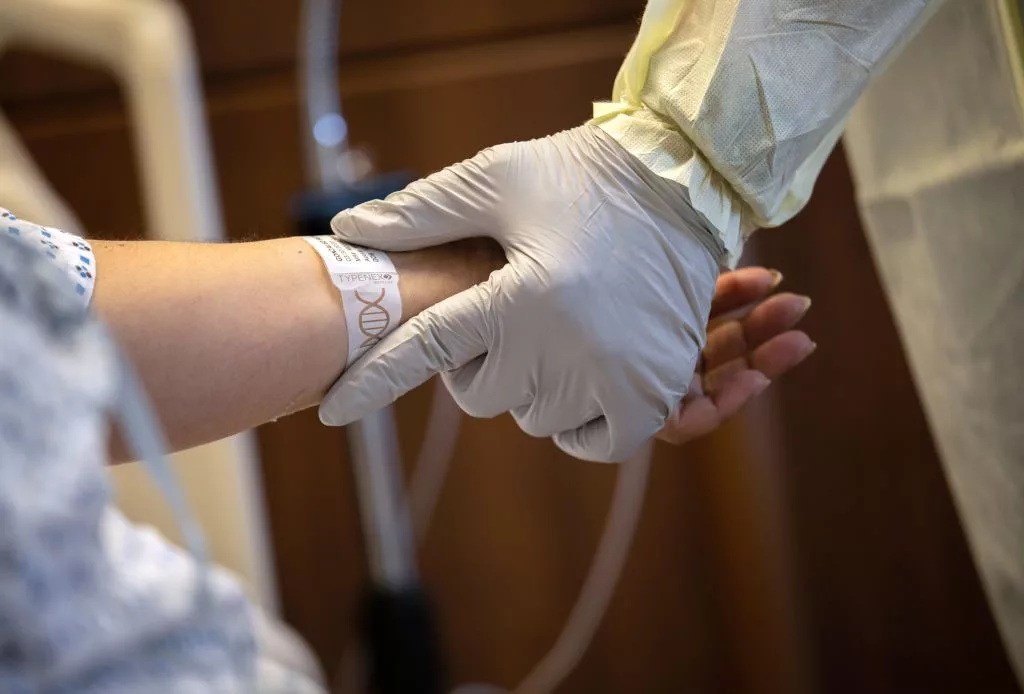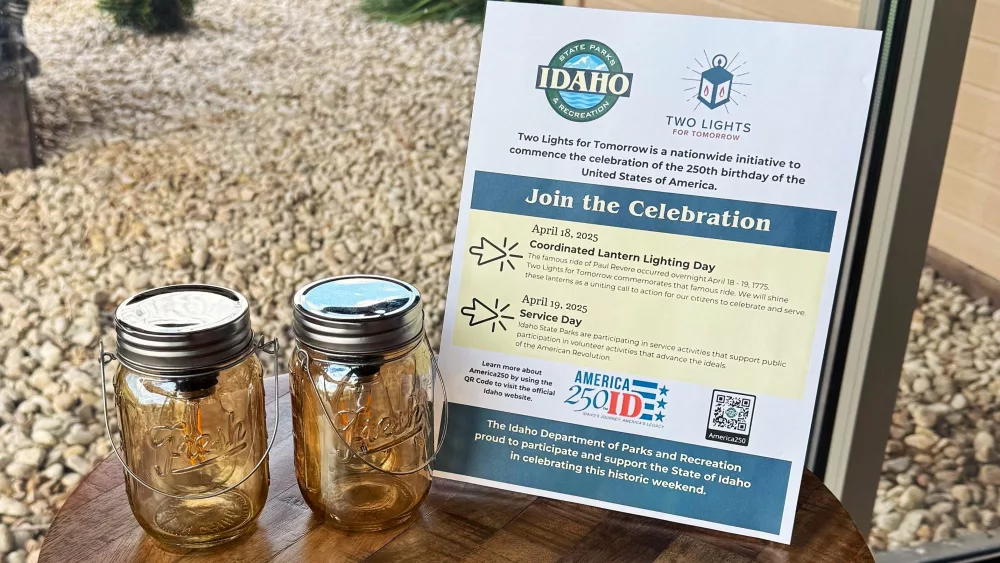BOISE, ID – An Idaho district judge ruled Friday that pregnant patients who have a risk of dying without an abortion are not subject to the criminal penalties of the state’s abortion ban, but the plaintiffs say it doesn’t go far enough to offer real protection.
The lawsuit was filed in Ada County, in Idaho’s Fourth District court. As part of the ruling, District Judge Jason D. Scott said Idaho’s abortion laws do not make it a crime to perform an abortion if the physician determines in their good faith medical judgment that the patient’s existing medical condition or pregnancy complication would be resolved by terminating the pregnancy and the patient faces a “non-negligible risk of dying sooner” without it. Scott said death does not have to be imminent or “assured” to perform an abortion as long as it doesn’t arise from a risk of self-harm, such as suicide, and it attempts to facilitate the fetus’ survival outside of the womb if possible.
Four women, two physicians and a state organization of family physicians filed the lawsuit in September 2023 seeking to clarify the state’s near-total abortion ban, which offers exceptions only to save the pregnant patient’s life and in limited circumstances of rape and incest.
Despite the efforts of advocates and some legislators, the state Legislature has not offered clarifications to the law allowing an abortion to be performed to prevent severe health effects, and physicians have said it is impossible to know at what point they are safe to intervene without facing fines and prison time or the loss of their medical license.
Center for Reproductive Rights vows to keep fighting for more clarity in abortion ban
The ruling is similar to the Idaho Supreme Court’s interpretation of the law released in 2022, but that language was not enough to assuage doctors’ fears in the years since. Attorneys representing the plaintiffs in the case from the Center for Reproductive Rights said the case did provide more clarity around the level of risk that needs to be present for a physician to intervene without fear of prosecution, but they vowed to keep fighting for more.
Gail Deady, the center’s lead attorney in the case, said during a news conference Friday that the case will hopefully be instructive to other states with similar abortion bans.
“We do hope they will similarly come to the conclusion that the bans need to be struck down, clarified or expanded in order to prevent the kind of harms that plaintiffs have shown in this case have been occurring in Idaho,” Deady said.
The lead plaintiff was Jennifer Adkins, a Caldwell resident who had to make the eight-hour drive to Portland, Oregon, almost exactly two years ago to terminate her pregnancy after the fetus was diagnosed with severe abnormalities, including a buildup of fluid that Adkins’ maternal-fetal medicine specialist said would be fatal. The buildup of fluid also risked raising Adkins’ blood pressure and causing preeclampsia.
“It is a little surreal to be going through this around the same time as this all began for me personally,” Adkins told States Newsroom on Friday.
Scott dismissed the plaintiffs’ two other claims that would have expressly provided exceptions for fatal fetal anomalies, and another claim that made a constitutional argument against Idaho’s abortion ban, saying it deprived the plaintiffs who needed abortions for medical reasons of constitutional rights. Scott dismissed those claims with prejudice, meaning the decision can’t be appealed.
Dr. Emily Corrigan, an OB-GYN at Saint Alphonsus, said the case also provides some protection for providers who have been worried about terminating a pregnancy in emergency situations.
Idaho faces other legal challenges to its strict abortion ban
Idaho has been at the center of a lawsuit claiming the abortion ban violates a federal law mandating stabilizing care for any patient who comes to an emergency room in a hospital that accepts Medicare funding.
The state’s largest health care system, St. Luke’s, sued Attorney General Raúl Labrador in January after the federal government dropped the case due to the transition to the new Trump administration. The plaintiffs won a preliminary injunction blocking enforcement of the law against emergency room physicians who might need to perform an abortion to prevent the spread of infection or in other cases, but the injunction only applied to St. Luke’s because it was the only plaintiff.
Corrigan said Friday’s ruling will help give more confidence to physicians at the hospitals that weren’t included, like hers, as well as other providers around the state.
Whatever comes next, Adkins said the work so far has been meaningful.
“I hope that our baby is watching us and is proud of the work that we’re doing, and I hope that she sees the hard work that we’re putting in,” she said. “We’ll continue to fight so that this hopefully won’t happen to other families.”





